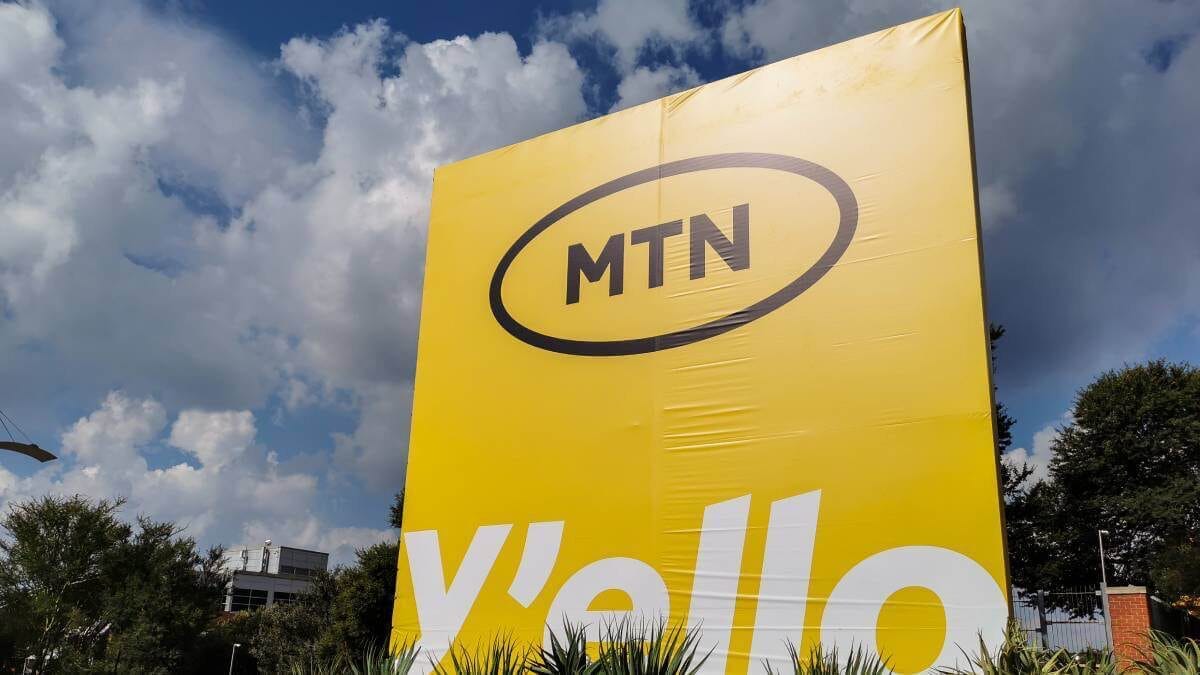MTN Group has completed the sale of its Guinea operations to the State of Guinea, marking its final exit from the market. This strategic move directly aligns with MTN’s portfolio optimization efforts, which are central to the company’s Ambition 2025 plan. The sale, finalized on December 30, 2024, simplifies MTN’s business structure and strengthens its focus on more profitable markets.

Why MTN Exited Guinea
MTN decided to exit Guinea based on a thorough portfolio assessment. Ralph Mupita, the Group President and CEO, explained that Guinea-Conakry and Guinea-Bissau no longer fit within MTN’s risk management framework. He noted that these markets presented challenges, such as their subscale size and the difficulty of funding sustainable growth. Despite potential revenue increases, MTN recognized that it was not the best owner for these businesses.
MTN’s Strategic Focus
MTN’s exit from Guinea highlights its strategic shift toward markets with higher growth potential. Ralph Mupita emphasized that MTN remains committed to allocating capital to regions where it can achieve meaningful impact. Through its Ambition 2025 strategy, the company is streamlining operations and focusing on more sustainable growth opportunities.
Sale of Guinea-Bissau and Guinea-Conakry
In 2023, MTN signed a sale agreement with Telecel, a pan-African operator, for its Guinea-Bissau and Guinea-Conakry operations. Telecel acquired these businesses for US$1 each, and it assumed the net liabilities tied to them. MTN confirmed that the Guinea-Bissau operation had already been transferred to Telecel by mid-2024. The final sale of Guinea-Conakry to the State of Guinea wraps up MTN’s exit from the region.
What’s Next for MTN?
MTN will continue to focus on markets where it can maximize long-term growth. Although exiting Guinea was a difficult decision, it was essential for the company to streamline its portfolio. This approach allows MTN to focus on other regions, where it can have a stronger impact and generate more sustainable growth.





